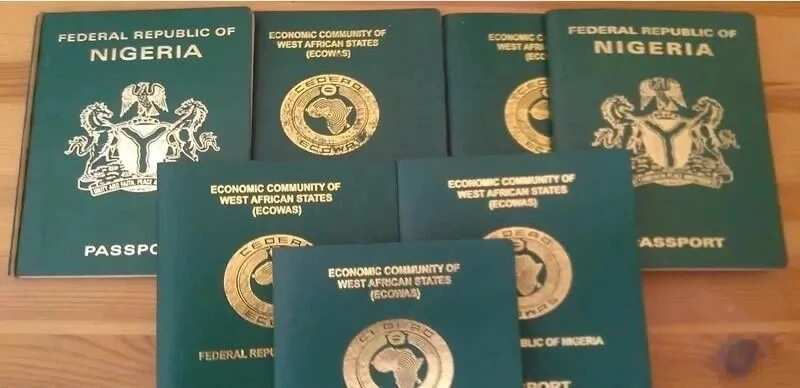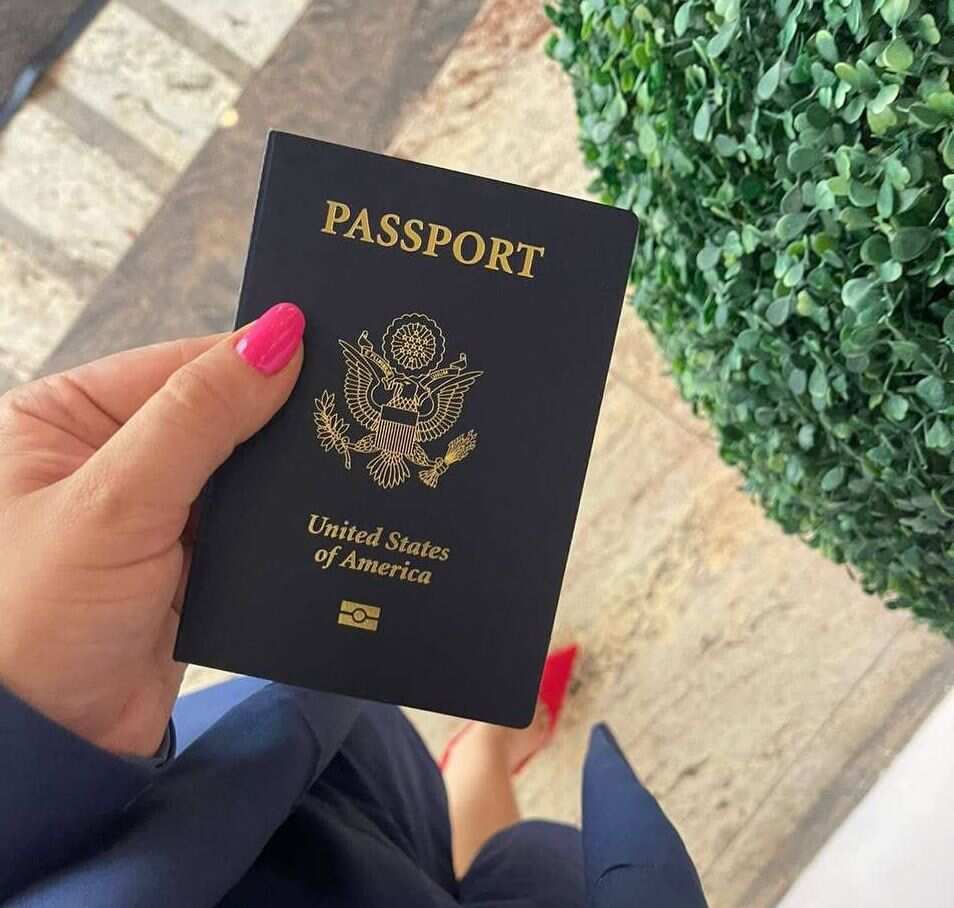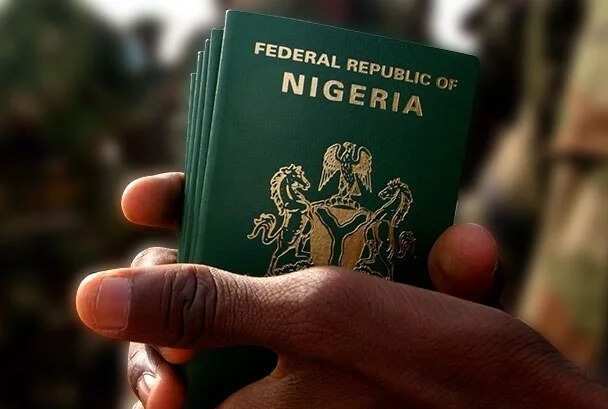Citizenship is the status of a person as recognized under the constitution of a country or a sovereign state as being a legal member of such country or state. It gives the person holding the citizenship access to all the benefits and rights stated the in the constitution of such country.

We have covered the following topics here:
Every country has its own law governing citizenship and other aspects of their nationality. It is known as Nationality Law. Based on the constitution of the Federal Republic of Nigeria, becoming a citizen of Nigeria is governed by the Nigerian Nationality Law. This law governs everything relating to citizenship and every other category of Nigerian nationality. There are four types of citizenship in Nigeria:

Read also
Easy Travels & Vaccines: How the second passport will help you during a pandemic
- A foreign woman married to a Nigerian man.
- Anyone who is of age (17) born outside of the country whose either one or both grandparents is or was a citizen of Nigeria.
- A foreign child adopted by Nigerian parents.
4. Citizenship by Naturalisation. Anyone who is of full age and has lived in Nigeria for at least fifteen years and has intentions to continue residing in Nigeria. Such person must be familiar with the customs and language of Nigeria and must be able to support himself/herself.

Read also
Difference between the Constitution in 1963 and 1979 in Nigeria
How to become a citizen of Nigeria
READ ALSO: Requirements for international e-passport in Nigeria

There are three general ways of acquiring citizenship in Nigeria:
The provisions for obtaining Nigerian citizenship are stated in Chapter 3 of the Constitution of the Federal Republic of Nigeria 1999 known as the Nigerian Citizenship Act.
By birth
Section 25
(1) The following persons are citizens of Nigeria by birth-namely-
(a) Every person born in Nigeria after the date of independence (October 1, 1960), either of whose parents or any of whose grandparents belongs or belonged to a community indigenous to Nigeria;
Provided that a person shall not become a citizen of Nigeria by virtue of this section if neither of his parents nor any of his grandparents was born in Nigeria.
(b) Every person born outside Nigeria either of whose parents is a citizen of Nigeria.

Read also
Top 10 functions of the Nigerian Police Force and brief history
(2) In this section, "the date of independence" means the 1st day of October 1960.

By registration
Section 26
(1) Subject to the provisions of section 28 of this Constitution, a person to whom the provisions of this section apply may be registered as a citizen of Nigeria, if the President is satisfied that -
(a) He is a person of good character; two people to testify to that which one should a Religious minister...
(b) He has shown a clear intention of his desire to be domiciled in Nigeria; and
(c) He has taken the Oath of Allegiance prescribed in the Seventh Schedule to this Constitution.
(2) The provisions of this section shall apply to-
(a) Any woman who is or has been married to a citizen of Nigeria or every person of full age and capacity born outside Nigeria any of whose grandparents is a citizen of Nigeria.

Read also
10 interesting facts about Nigeria you should know

By naturalization
Section 27
(1) Subject to the provisions of section 28 of this Constitution, any person who is qualified in accordance with the provisions of this section may apply to the President for the same of a certificate of naturalisation.
(2) No person shall be qualified to apply for the grant of a certificate or naturalisation, unless he satisfies the President that -
(a) He is a person of full age and capacity;
(b) He is a person of good character;
(c) He has shown a clear intention of his desire to be domiciled in Nigeria;
(d) He is, in the opinion of the Governor of the State where he is or he proposes to be resident, acceptable to the local community in which he is to live permanently, and has been assimilated into the way of life of Nigerians in that part of the Federation;

(e) He is a person who has made or is capable of making useful contribution to the advancement; progress and well-being of Nigeria;

Read also
Consequences of overpopulation in Nigeria
(f) He has taken the Oath of Allegiance prescribed in the Seventh Schedule to this Constitution; and
(g) He has, immediately preceding the date of his application, either-
(i) Resided in Nigeria for a continuous period of fifteen years; or
(ii) Resided in Nigeria continuously for a period of twelve months, and during the period of twenty years immediately preceding that period of twelve months has resided in Nigeria for periods amounting in the aggregate to not less than fifteen years.

Now you know the basic things about the citizenship in our country and found out about how to obtain Nigerian citizenship. The Nigerian Nationality Law allows a person of Nigerian descent to hold dual nationality and to hold public office in the country.
READ ALSO: Nigerian public service rules and regulations
Source: Legit.ng
ncG1vNJzZmivp6x7rbHGoqtnppdkfnKBj3Bqa2Wnlsa0ecCcqK6hop67qHnCoquispWjwKm1z2alop%2BVp7aiesetpKU%3D